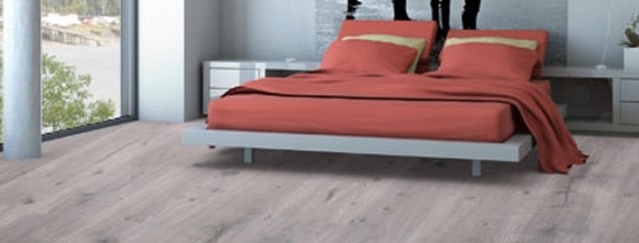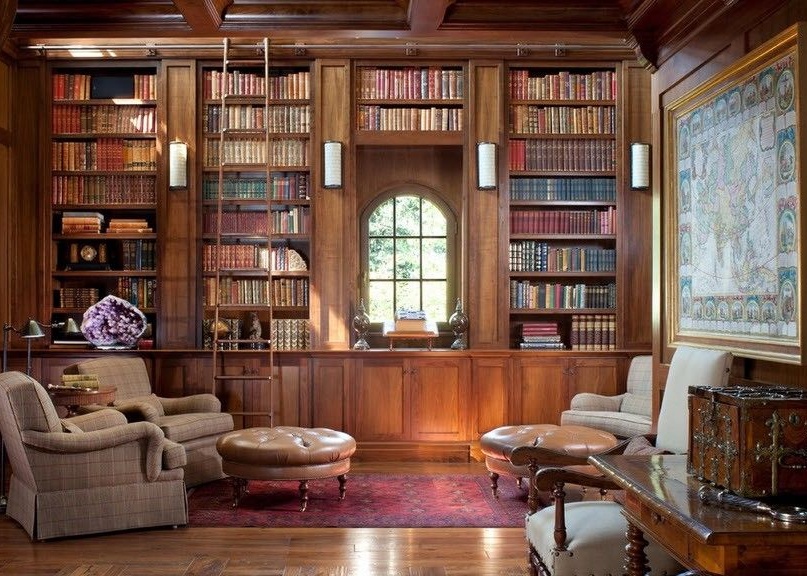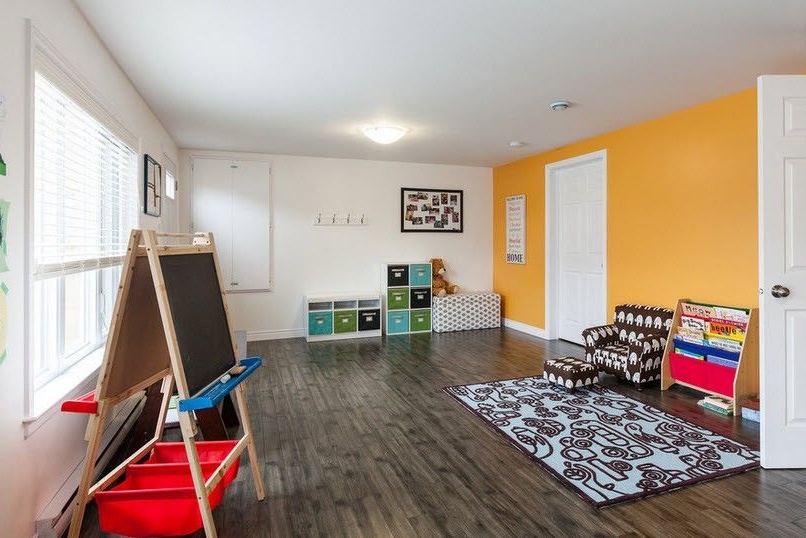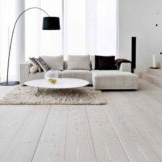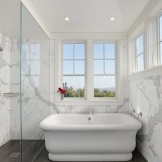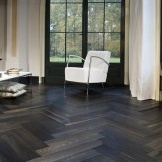What is the difference between parquet and laminate
Sometimes laminate is confused with parquet. In fact, these are different floor coverings with their advantages and disadvantages. Let’s understand in detail how the parquet differs from the laminate. To begin with, we consider each material separately.
So, what is the difference between parquet and laminate
Consider clearly the difference between a laminate and the most popular type of parquet - a parquet board.
- Parquet is more durable.
- Parquet board is warmer, less noisy and not static material.
- Laminate is not made of natural wood, unlike parquet boards.
- Laminate is more resistant to mechanical damage.
- Laminate has a wide variety of designs.
- Parquet board can not be installed in rooms with temperature extremes or excessive. Humidity, and the laminate is laid almost anywhere.
- Parquet board is more pleasant to the touch.
- All scratches on the floor can be covered with varnish, and the laminate in the event of a chip needs to be replaced.
It does not matter which material is chosen for the floor - parquet or laminate. Both of them will serve for many years, if they are properly looked after. The choice depends on personal preferences and specific goals.
Parquet
Parquet is completely natural and made of wood. It consists of wooden planks of certain sizes. Parquet appeared in the 13th century in Europe in the homes of noble people. Over time, it became an indispensable attribute of palaces and rich houses. In Russia, parquet became widespread in the 16th century. Then blocks were cut out of oak and laid in a herringbone.
Today, parquet is made from birch, maple, oak and ash. Oak - the most durable and high quality.
Advantages and disadvantages of parquet:
- Durability. This flooring can last up to 25 years!
- Environmental friendliness. Since the parquet is entirely made of wood, it is completely safe for humans.
- After laying does not require additional processing.
- It has high aesthetics and “softness”.
- Parquet is a very capricious coating, and requires special care and strict adherence to operating rules. It can not be subjected to temperature extremes, it is necessary to protect it from moisture and so on.
- It has a low ability to withstand loads. Parquet is very easy to scratch or push.
- It is very difficult for an inexperienced person to lay the floor on their own.
- Fairly high price. The cheapest parquet is more expensive than the most expensive laminate.
There are a lot of types of parquet. The most popular are parquet and piece parquet. Piece parquet is wooden planks. Their thickness is about 15-22 mm, width - 40-75 mm, and the length reaches half a meter. Planks are interconnected, forming various patterns.
Parquet board is a three-layer structure made of wood. Thickness ranges from 10 mm to 22, width - from 140 to 200, and length is up to 2.5 meters. In more detail for parquet and its types read here.
Laminate
Laminate flooring is sometimes called laminated flooring, but it is one and the same.
The laminate is made of several layers of material (paper or cardboard), wrapped in plastic film. In fact, it is a paper in a strong wrapper. Can be made "wood-like" and any other material, such as marble or stone.
The advantages of the laminate are:
- High practicality - not afraid of moisture and mechanical damage, not combustible.
- Laying is quite simple and does not require special skills, unlike parquet.
- It does not require special care. It is enough to wipe it with a rag or vacuum.
- Cheaper than a parquet board. Although a laminate of good quality is not much inferior in price.
- High service life - about 15 years.
Laminate disadvantages:
- Unlike parquet, it is noisy and cold.
- It is not made from natural wood.
- Restoring laminate flooring is almost impossible.
Laminate is divided into classes, depending on which it can withstand one or another load. For example, a laminate of class 31 is suitable for a bedroom, and laminate 32 is suitable for a living room. For commercial buildings with a high load on the floors, laminates 33 and 34 are used. More details about the types of laminate read here. In more detail for the laminate, its features, the correct selection for the room and other nuancesread here.

